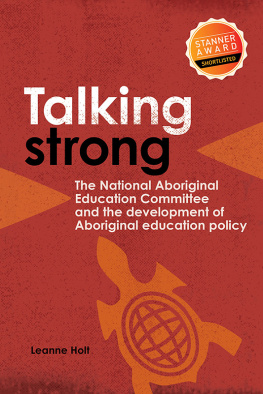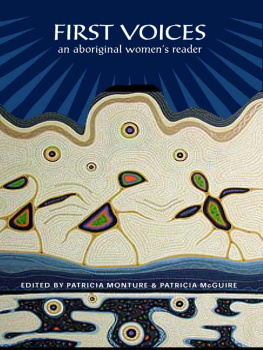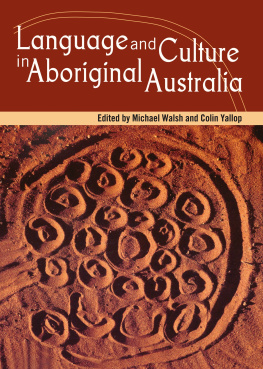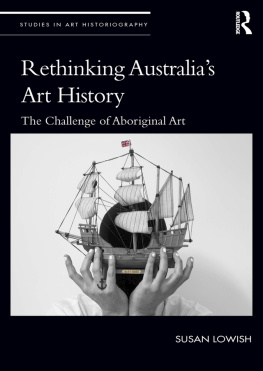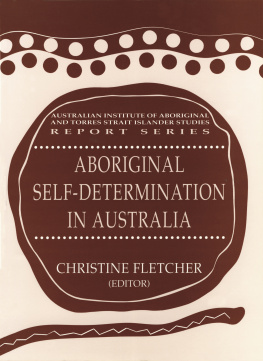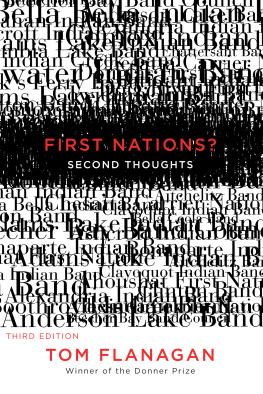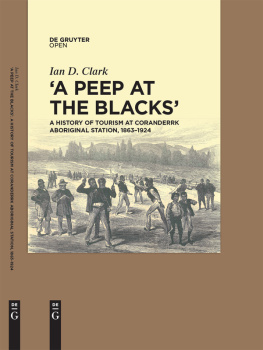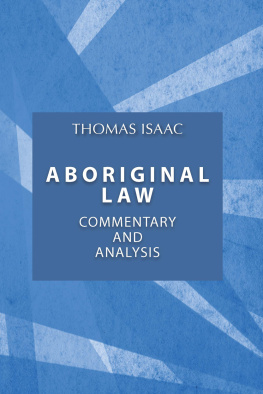THE NEW
BUFFALO
THE NEW
BUFFALO
The Struggle for Aboriginal
Post-Secondary Education in Canada
BLAIR STONECHILD

Blair Stonechild 2006
University of Manitoba Press
Winnipeg, Manitoba R3T 2M5 Canada
www.umanitoba.ca/uofmpress
Printed in Canada on acid-free paper
All rights reserved. No part of this publication may be reproduced or transmitted in any form or by any means, or stored in a database and retrieval system, without the prior written permission of the University of Manitoba Press, or, in the case of photocopying or other reprographic copying, a licence from ACCESS COPYRIGHT (Canada Copyright Licensing Agency), 6 Adelaide Street, Suite 600, Toronto, Ontario M5C 1H6.
Cover design: Joe Grande, Grandesign Ltd.
Text design: Relish Design Studio
Cover photo: Manitoba Borealis Bison, December 26, 2002, La Broquerie, Manitoba. Photograph by Gill Gauthier
Library and Archives Canada Cataloguing in Publication
Stonechild, Blair
The new buffalo: the struggle for Aboriginal post-secondary education in Canada / Blair Stonechild.
Includes bibliographical references and index.
ISBN 0-88755-693-0
1. Native peoplesEducation (Higher)CanadaHistory. 2. Native
peoplesGovernment relations. I. Title.
E96.2.S76 2006 378.1982997071 C2006-905052-X
The University of Manitoba Press gratefully acknowledges the financial support for its publication program provided by the Federal Government of Canada through the Book Publishing Industry Development Program (BPIDP), the Canada Council for the Arts, the Manitoba Arts Council, and the Manitoba Department of Culture, Heritage, and Tourism.
Support for the publication of this book has also been provided by the Indigenous Studies Research Centre at the First Nations University of Canada.
Contents
List of Tables
Preface
THE NEW BUFFALO focusses on identifying and interpreting key factors in the evolution of Canadian Aboriginal post-secondary education policy factors, including the rationale and nature of policy and issues of legislative authority, policy making, and funding powers. The issue of jurisdiction is central to First Nations post-secondary education policy and is examined in the context of federal and provincial roles and responsibilities, of university education generally, and in terms of the evolution of Aboriginal self-government. This work is the first major exploration of First Nations post-secondary education policy, especially in its attempts to discern the underlying issues.
Lacking other major historical studies of First Nations higher education policy, I have examined written sources in order to discern and identify the broad patterns of evolution in the overall policy. The Record Group 10 microfilms of the National Archives contain documentation on the earliest cases of Indians receiving assistance from Indian Affairs to attend universities. Annual reports of Indian Affairs provide information on the informal funding arrangements that began in 1957 under the Diefenbaker government. A variety of sources, including archival collections such as the Blakeney Papers at the Saskatchewan Archives, provide insight into the policy discussions that surrounded the federal and provincial governments response to the Indian Control of Indian Education policy. The Blakeney Papers shed light on the Province of Saskatchewans important role in the early formation of the Saskatchewan Indian Federated College, as did the Lloyd Barber Papers in the University of Regina Archives.
I sought materials at the ministerial level through Access to Information at the Treaties and Historical Research Centre at Indian and Northern Affairs Canada in Gatineau. These included records regarding Manitou College at La Macaza, Quebec, a now-defunct First Nations college, and Indian Affairs dealings with respect to the protests surrounding capping of post-secondary funding in the late 1980s. Hearings of the Standing Committee on Aboriginal Affairs and Special Senate Committee on Post-Secondary Education provided a record of the views of the various policy stakeholders. I obtained documents and position papers describing First Nations involvement and positions from the Federation of Saskatchewan Indian Nations, Saskatchewan Indian Federated College, Assembly of First Nations, and from various news articles, including online copies of the Saskatchewan Indian newsmagazine.
While the study of Indigenous knowledge and its holistic approach offers a potentially valuable paradigm for modern thinking, I did not intend to examine such pedagogical issues. I wanted to analyze the political and jurisdictional environment of Aboriginal policy generally, and First Nations higher education policy specifically. Based on the results of my research, overall conclusions can be reasonably drawn concerning jurisdictional, legislative, policy-making, and funding responsibilities for Indian higher education, and what paths the various parties involved may pursue to resolve challenging issues.
I hope this work will sensitize the reader to First Nations policy in a broad sense, and will provide insight into the specific topic of First Nations post-secondary policy. Researching and writing the book has enabled me to address many questions that had arisen as a result of having personally experienced residential school, integrated urban high school, mainstream university, and First Nations-controlled higher education as a student, teacher, and administrator. I hope this work will provide guidance and encouragement to those individuals, too numerous to all be acknowledged, who believe in the power of Aboriginal-controlled higher education, the dignity it brings, and the promise it holds for future generations.
I am indebted to Dr. James Pitsula and Dr. Rod Dolmage, both of the University of Regina, and to Dr. Eber Hampton of the First Nations University of Canada, for their participation in my doctoral program, which resulted in the PhD thesis that provided the basis for this book. Organizations that facilitated my research include the Indigenous Studies Research Centre, Canadian Plains Research Center, First Nations University of Canada, and Saskatchewan Archives, all in Regina; as well as the Treaties and Historical Research Centre in Gatineau and National Archives of Canada in Ottawa. Gail Valaskakis, Noel Starblanket, and Bruce Sheppard provided me with interviews or communications that shed light on policy interactions, and former Saskatchewan Premier Allan Blakeney granted permission to access his collection at the Saskatchewan Archives. I thank Neal McLeod, Rob Nestor, and other colleagues at the First Nations University of Canada for their moral support. The quality of this publication would not have been possible without the assistance of David Carr and Pat Sanders of the University of Manitoba Press. My wife Sylvia provided invaluable encouragement, and my son Michael and daughters Rachel and Gabrielle gave me inspiration to complete the book.
Introduction
THIS BOOK EXAMINES the policy evolution of an increasingly crucial aspect of Aboriginal policy, that surrounding post-secondary education. First Nations higher education policies, including efforts to increase student access to higher learning, have evolved significantly. Although government programs designed to attract Aboriginal students to universities have resulted in increased participation rates, obstacles remain to making higher education culturally relevant and equitable. A solution promoted by First Nations is the creation of their own institutions of higher education. However, a fundamental policy disagreement exists between First Nations and the federal government over whether higher education is a treaty and Aboriginal right obtained in return for the sharing of lands. This book examines the need for enhanced recognition of the importance of higher education rights, and increases to institutional capacity, in order for higher education to truly be the new buffalo that will ensure a strong and prosperous future for First Nations. In the past, the buffalo met virtually every need of the North American Indian, from food to shelter; this animal was considered to be a gift from the Creator intended to provide for the
Next page

